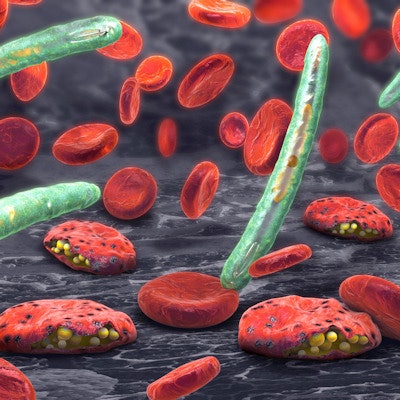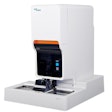
A blood test for microRNAs (miRNAs) shows promise for identifying children with severe forms of malaria and treating them accordingly, according to a new study published in Emerging Infectious Diseases, a journal of the U.S. Centers for Disease Control and Prevention (CDC).
The plasma test screens for miRNAs released by human brain endothelial cells that are associated with damage to organs, such as the lungs, kidney, or brain, caused by the sequestration of red blood cells infected with Plasmodium falciparum.
Researchers at the Barcelona Institute for Global Health and the Manhiça Health Research Center (CISM) in Mozambique evaluated miRNA testing in a study of children in Africa. Six miRNAs -- including one associated with the parasite-derived histidine-rich protein 2 (HRP2) – were identified in those with severe forms of malaria, researchers reported. Testing has potential for earlier diagnosis and better outcomes, they advised.









